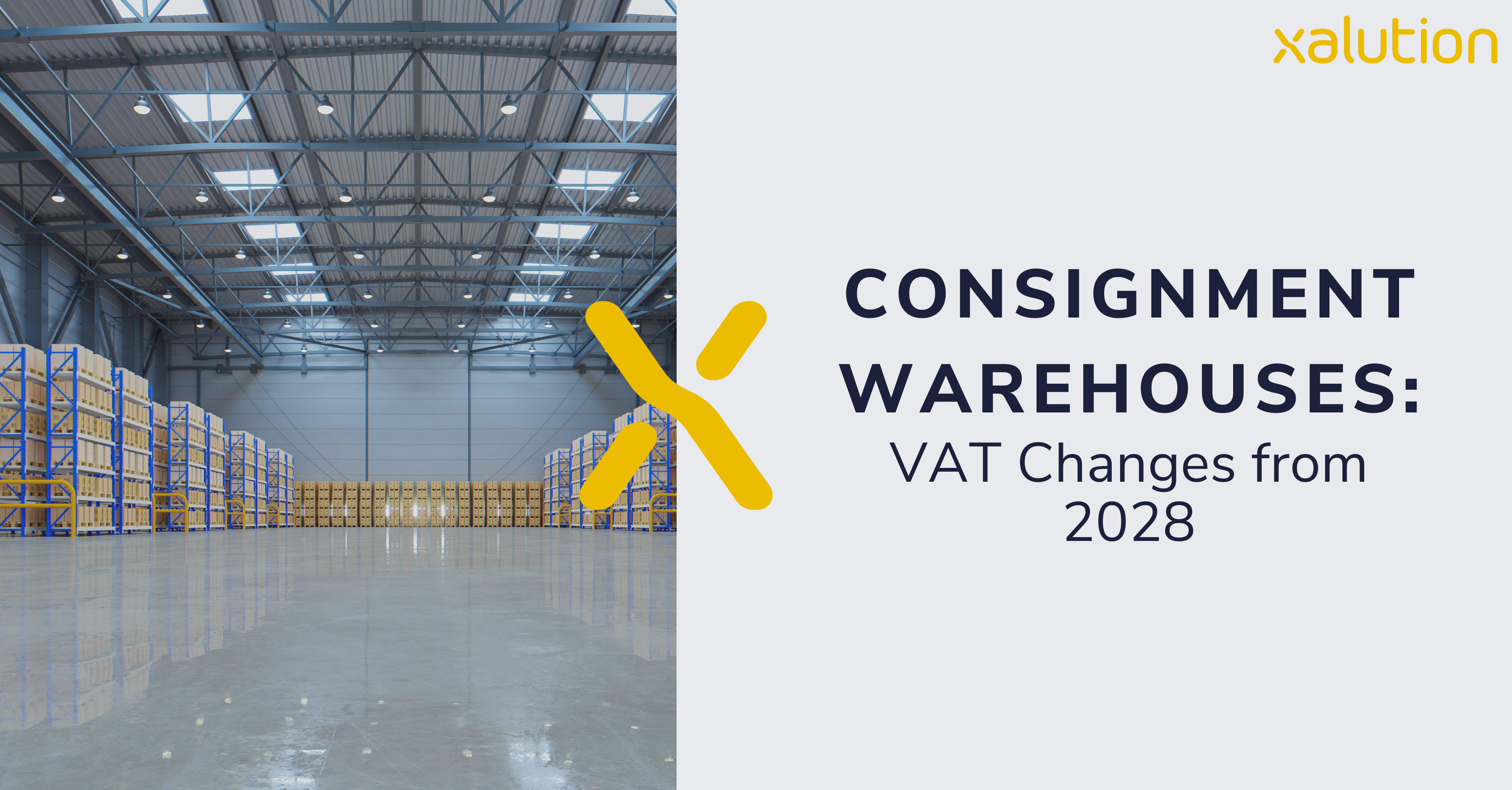Consignment Warehouses and New VAT Regulations – What’s Changing?
Companies using consignment warehouses must prepare for significant tax-related changes. The EU is planning to gradually replace the regulations that have been in effect since 2020 with a new framework. The goal is to modernize and simplify VAT rules across Europe. For companies, this means rethinking processes, adapting systems, and ensuring tax compliance.
Overview of Key Changes
Until now, companies could move goods into a consignment warehouse in another EU country without needing to register for tax purposes there – provided the goods were withdrawn by the customer within one year. This simplified handling and reduced bureaucratic hurdles.
Starting in 2028, this regulation will be gradually replaced by new procedures. Going forward, centralized mechanisms such as the One-Stop-Shop (OSS) will be used more intensively to make tax obligations more transparent and efficient. Additionally, the reverse charge mechanism will become mandatory in certain cases, shifting the VAT liability directly to the recipient of the goods or services. Companies need to familiarize themselves with these new requirements early to avoid potential risks.
Important Deadlines:
- June 30, 2028: Last date to deliver goods into a consignment warehouse
- July 1, 2028: Start of the gradual introduction of new procedures
- June 30, 2029: Final date for reporting already stored goods
What Does This Mean for Companies?
The new regulations require adjustments to tax procedures and IT systems. The following aspects are particularly relevant:
- Tax registration obligations: Where will companies need to register for tax in the future?
- Reporting and documentation duties: What changes will be required for recording and reporting sales?
- Optimization of internal processes: How can workflows be restructured to meet the new requirements efficiently?
How Can Microsoft Dynamics 365 Help?
Microsoft Dynamics 365 Finance & Supply Chain enables easy and efficient implementation of the new requirements:
- One-Stop-Shop (OSS) Integration: Centralized management of tax obligations reduces administrative effort
- Automated tax calculation: The new reverse charge regulations can be mapped directly in the system
- Enhanced reporting features: Automated reports help companies maintain visibility and control over their tax obligations
Prepare Early – For a Smooth Transition
Companies should proactively address the upcoming changes to minimize compliance risks and adapt their processes in a timely manner. Microsoft Dynamics 365 Finance & Supply Chain offers the flexibility needed to respond to legal changes and efficiently automate tax processes.
We are happy to support our clients in seeing these challenges not only as obligations but also as opportunities – through optimized processes, reduced risks, and a future-ready ERP strategy.
How well is your company prepared? Let’s develop a strategy together!
